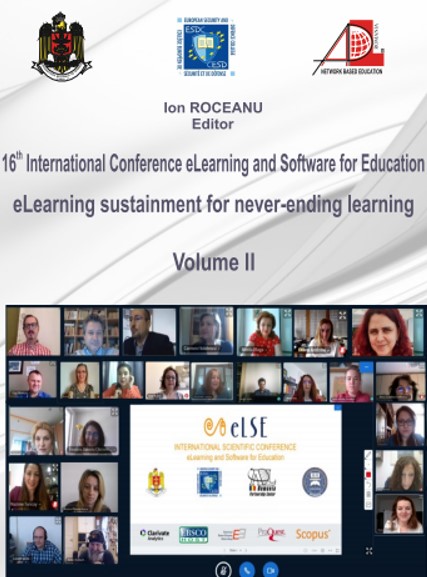LEARNING ABOUT INTERACTIONS AND EMOTIONAL SUPPORT THROUGH CHATBOTS
LEARNING ABOUT INTERACTIONS AND EMOTIONAL SUPPORT THROUGH CHATBOTS
Author(s): Alexandra Hosszu, Mihai BotezatuSubject(s): Neuropsychology, Health and medicine and law, ICT Information and Communications Technologies
Published by: Carol I National Defence University Publishing House
Keywords: learning; emotional support chatbots; app culture;
Summary/Abstract: In contemporary societies, social life is strongly mediated by digital technology, which influences both knowledge of oneself and knowledge of others. Digital technologies can facilitate communication, increase professional efficiency, improve quality of life, or change one’s perspective on society. Digital instruments have started to be used also as "emotionally intelligent bots" which might help individuals in building emotional resilience, promising "no judging", "privacy", "reflective space" and being "your 4 AM friend". Human - non-human relationships have gradually become a reality through friendly interactions and learning processes in both direction: from device to human and from human to device. How is the human - non-human interaction constructed through chatbots? How are the human and nonhuman agents portrayed in chatbot interaction? How are learning processes built through emotional support apps? These are some of the questions which will be addressed through this paper. This paper aims to analyze the learning role of the emotional support chatbots focusing on learning processes and the knowledge produced through the human - non-human interaction. In the first part of the paper, we will synthesize some of the main articles relevant for this theme. The second part of the paper will include a review of the existing apps promising emotional support followed by a case study on two apps, with two objectives: (1) understanding the learning effects of the interaction between human and chatbot, and (2) analyzing types of knowledge produced through this interaction.
Journal: Conference proceedings of »eLearning and Software for Education« (eLSE)
- Issue Year: 16/2020
- Issue No: 02
- Page Range: 162-170
- Page Count: 9
- Language: English

